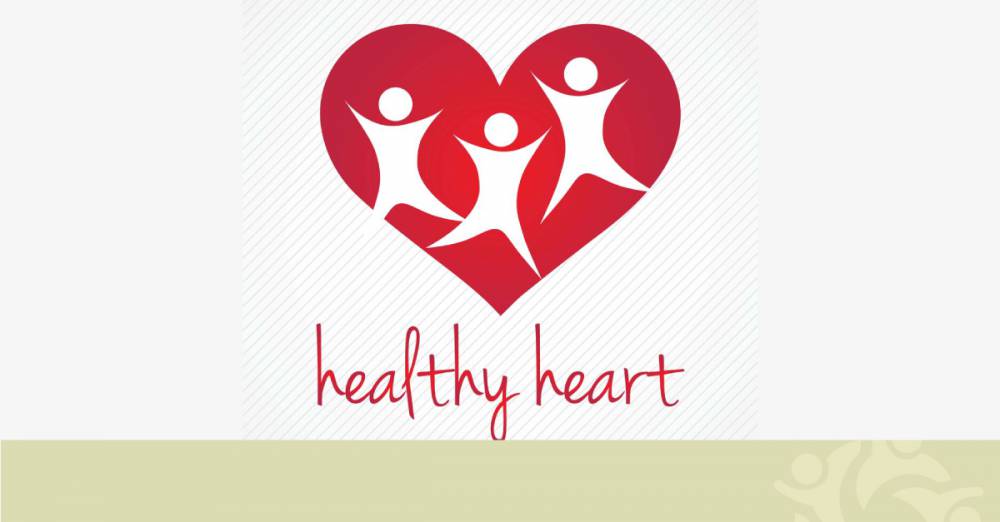It’s something that only hits you at tough times, a spell of illness, discovering a medical issue or a when a sad occurance happens in the family - that realisation that heredity does have a part to play in your future health. According to the British Heart Foundation, if you have a family history of heart disease, unfortunately, you carry an increased risk of also developing cardiovascular diseases such as angina, heart failure and stroke. However, it’s important to always remember that these problems are not inevitable, and there are some simple life changes you can make to minimise the likelihood of developing heart disease in later life. Here are just five areas to consider: -

• Get a Heath Check
If a close male relative under the age of 55 or a female relative below 65 has been diagnosed with coronary problems, make sure you consult your GP and ask for a free NHS Health Check. This is a type of midlife MOT, usually routinely offered every 5 years to all adults between 40 and 74 without an existing vascular condition, to gauge the performance of your circulatory system, your blood pressure, cholesterol and body mass index. It can detect potential problems before they do real damage, so that your doctor can offer targeted advice to help you counter them. Any follow-up advice, appointments and treatments will also be free of charge.

• Watch Your Diet
Try to maintain a healthy weight by incorporating lean meat and lots of colourful fruit and vegetables in your diet, controlling portions, keeping well hydrated and choosing healthy fats, such as olive oil, rather than saturated animal fats or trans fats, which can raise the level of cholesterol in the blood. Cut down on salt - too much may increase your blood pressure. The NHS and British Heart Foundation have excellent healthy eating advice and weight loss plans you can follow on their websites.
• Cut down on Alcohol
Alcohol is high in calories, so it can lead to weight gain and strain on your heart. Among other serious diseases, it can cause abnormal heart rhythms, lead to high blood pressure and damage your heart muscles. Do not drink more than 14 units of alcohol a week – a unit is approximately a small glass of wine, ½ a pint of beer or a pub measure of spirits. And make sure you have as many alcohol - free days as possible to give your body a chance to recover. Avoid binge drinking at all costs!
• Increase Your Daily Activity & Make Exercise Part of Your Lifestyle
Is it time to get off the couch and get moving? Take the stairs instead of the lift, walk to work or the shops if you can, walk the dog (or someone else’s), get a pedometer or fitness tracker and aim to increase the number of steps you take each day. Maybe start with 2,000 steps and work your way up from there to as much as you can fit in. Get up from your desk and take a walk in your lunch hour. Make visits to the gym or swimming pool a regular part of your week and take up a sport or an activity like dancing that you enjoy. Exercising with a friend can keep you motivated and a personal trainer can make sure you exercise within your limits and build up your fitness slowly.

• Avoid Stress
It is believed that chronic stress may be a risk factor in heart disease, as it exposes the body to unhealthy levels of hormones like adrenaline and cortisol. It may affect the way blood clots and increase the likelihood of a heart attack. Regular physical activity is a way of coping with stress or you could try meditation, yoga, relaxation techniques or massage to reduce your anxiety levels. Your GP may also be able to help if you feel stress and anxiety are undermining your health.
Our Personal Trainers can guide you on taking the first steps in exercise and improving your diet - find out more about their expertise http://www.welcomegym/training/. All new members are entitled to a free 30 minute consultation.![]()
![]()
![]() blog
blog![]()
![]()
![]() blog
blog


